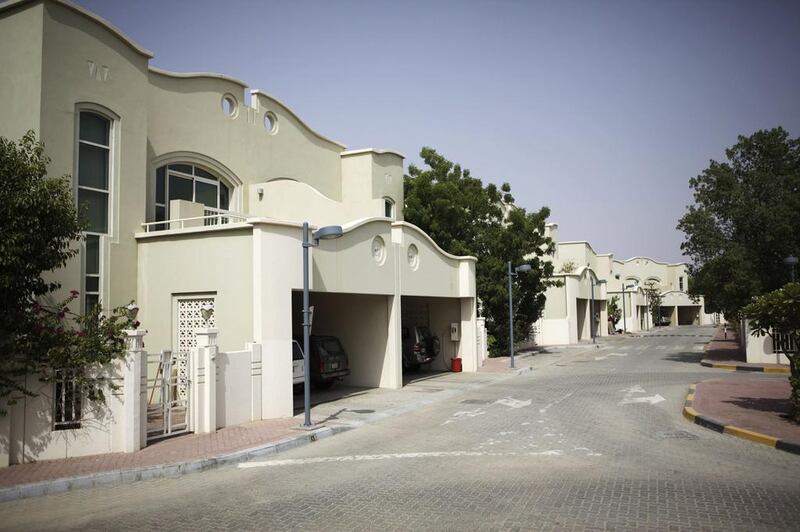Dear Mario, Al Ittihad newspaper reported on its front page on October 7 that entry permits allowing employees working in Al Ain and living in Oman's Al Buraimi territory to move across the border without visas would expire in mid-October. A mass return of expats to Al Ain was consequently expected. What is the "shape" of Al Ain's housing market and how might this affect it? J in Buraimi
Dear J, Al Ain has experienced a dramatic reduction in rents since the peak of 2008. But this year there has been growth in the residential rental market for the first time since then. Rental prices rose 10 per cent for apartments and 20 per cent for villas in the third quarter of this year compared to the same period in 2012. It now seems there is a two-tier market — with the villas fetching higher prices than the apartments. This is additionally reflected in the age of the property with more modern units fetching slightly higher rents.
The main drivers for this year’s improvements have been the enforcement of the Tawtheeq system and the tightening of the Al Ain-Buraimi border.
Tawtheeq is a government initiative that regulates tenancy contracts within the emirate of Abu Dhabi. The restrictions of the Al Ain-Buraimi border has forced a high number of residents to move back from Buraimi, where rents were cheaper, resulting in rental increases in Al Ain, especially for the lower-priced older buildings. These increases mirror what happened to prices in the capital because of the rental decree concerning Abu Dhabi-based government employees. The influx of newcomers to the city, especially in the education and healthcare sectors, is also boosting prices. All this, in addition to the positive sentiment that is sweeping across the whole of the UAE, is translating into higher property prices across pretty much all of the Emirates.
Reflections on Cityscape
As the doors close on this year's Cityscape, we look back on what has to be described as a successful three days of showcasing real estate, networking and general self-proclaimed "back slapping" by developers, brokers and investors alike.
Past years showed a general lack of interest from investors and developers, so apart from the odd curious visitor nothing much happened in terms of deals or announcements. This year that could not be further from the truth, with visitor numbers more than doubling from last year to 30,000 — making it the biggest Cityscape since 2008.
Big announcements were back once again with developers such as Dubai Holding, Emaar, Nakheel, MAG Group, Dubai Properties Group, Damac, Meydan, Deyaar Development, Sobha, Dubai World Central, Omniyat, Meraas Holding and Union Properties all showcasing new projects. Interestingly though, while these companies announced their developments, most of them explained that they would not start selling for another 60 days — enough time to see if Dubai is successful in its bid to host Expo 2020, which is to be announced on November 27.
With all the talk of new developments, each more fantastic than the next, the question on everybody’s lips was always about whether Dubai would again suffer a property bubble. The jury is out on this one, with some saying that this time around the market is driven by different forces and does not depend on cheap credit; others are using the age-old adage of “what goes up must come down”. The US$64 million answer is always to know when the downturn will happen.
I believe that Dubai has still so much to look forward to in the short to medium term. While I am well aware that sooner or later there will be a correction or cooling off of prices, the future of Dubai looks too bright for this to be the case any time soon.
Mario Volpi is the managing director of Prestige Real Estate in Dubai and has worked in the property industry in London and Dubai for the past 29 years. Send any questions to mario@prestigedubai.com





